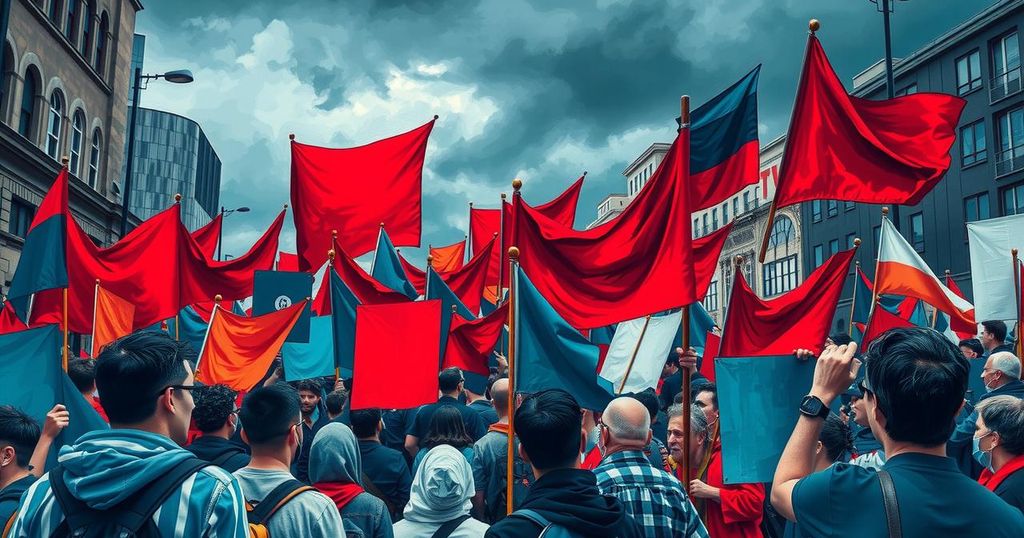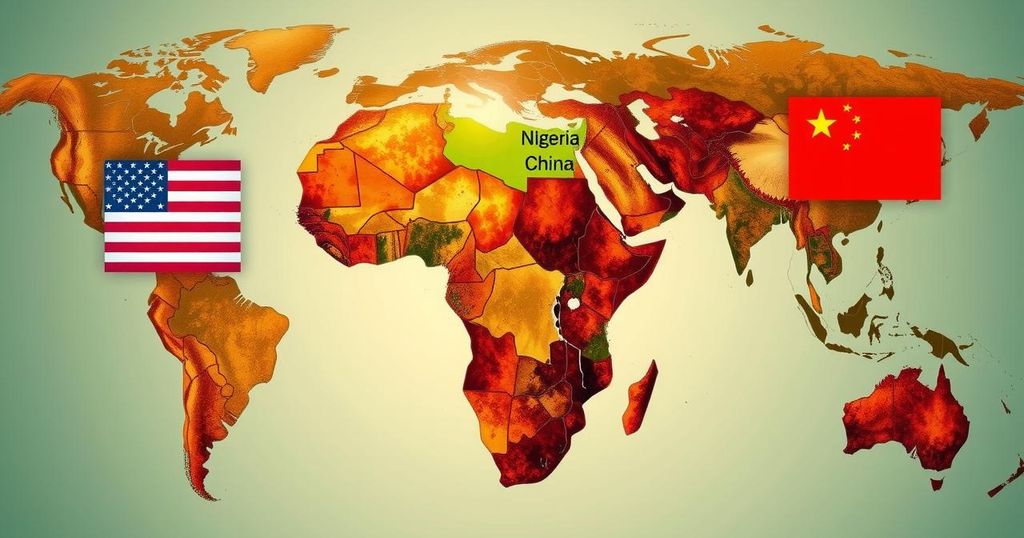Amnesty International reported a brutal three-month crackdown by Mozambique’s security forces on post-election protests, with over 300 deaths and thousands injured. The protests emerged after the controversial elections in October 2021, with demands for accountability and justice following violent government responses. Despite calls for investigation, the political climate remains tense.
Mozambique’s security forces executed a severe crackdown on protesters following the country’s elections, as reported by Amnesty International. The rights group cites local activist claims of over 300 fatalities and more than 3,000 injuries during the unrest. The organization has urged the Mozambican authorities to investigate these allegations and hold law enforcement accountable for human rights violations.
The protests erupted in the wake of the October 9 presidential and parliamentary elections, wherein Daniel Chapo of the ruling Frelimo party was declared the winner amidst widespread allegations of electoral fraud. Demonstrators voiced their support for independent candidate Venancio Mondlane, backed by the opposition Podemos party. The protests escalated significantly after the assassination of Mondlane’s lawyer and a Podemos official on October 18.
Mondlane condemned the killings as politically motivated and initiated 25 days of protests, symbolizing the 25 bullets fired at the victims. Following threats to his safety, he departed the country for two months before returning in January. Amnesty’s findings reveal that police and military forces employed lethal measures against primarily peaceful demonstrators, utilizing live ammunition, rubber bullets, and tear gas from October 21 to January 25.
According to the civil society group Plataforma DECIDE, 315 protesters died during the unrest, a figure significantly higher than government reports of 96 casualties. Amnesty highlighted unlawful use of firearms by police, leading to numerous injuries and fatalities. Testing the limits of freedom, authorities conducted mass arrests, detaining over 4,000 individuals arbitrarily, including minors.
Additionally, evidence suggests that internet service providers in Mozambique restricted access to social media platforms strategically during the protests. Following his inauguration in January, Chapo met with Mondlane in March, expressing intentions to investigate the deaths during the protests.
Frelimo has governed Mozambique since its independence in 1975, frequently facing accusations of electoral manipulation. Observers from the European Union indicated that the most recent elections were compromised through the invalidation of opposition votes and ballot box stuffing. The historical context is rooted in a 15-year civil conflict between Frelimo and the Renamo rebel group, which transitioned to an opposition party post-war. The protests supporting Mondlane posed a significant challenge to Frelimo’s long-standing authority, yet recent violence continues, as exemplified by an attack on a key campaign organizer.
Amid these ongoing tensions, the situation in Mozambique remains precarious, with the potential for further unrest as voices demand accountability and justice for the victims of the recent crackdown.
In conclusion, Mozambique’s post-election protests have revealed serious human rights violations, including reported killings and arbitrary arrests, during a violent crackdown by security forces. Amnesty International’s report underscores the necessity for the government to investigate these incidents and hold accountable those responsible. The ongoing political tensions, compounded by historical challenges, suggest a precarious future for Mozambique’s governance and civil rights landscape.
Original Source: www.usnews.com




